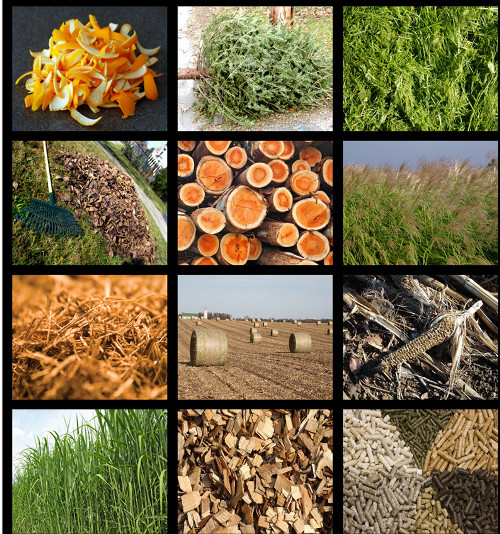Vietnam imports technology to turn straw into jet fuel
Agricultural waste such as straw, grass, corn cobs, etc. will be converted into fertilizer, sugar and jet fuel.
Project Management Board of Investment and Construction of Science and Technology,Ministry of Science and Technologyorganized the signing of theTransfer of agricultural waste treatment technology Carboreal. The technology was developed by PhDs at the University of Central Florida (USA). Quang Ninh will be the first locality to receive this technology transfer next July.
Inventor Walsh Joseph John, co-author of the technology, said that this technology uses agricultural by-products as input materials to produce sugar, fertilizer, and ethanol. Ethanol is the most widely produced fuel but has many disadvantages: low energy content, hydrophilic and starchy or sugar-based. Therefore,Carborealproposes combining patented cellulose to sugar technology (CTS) with standard fermentation and chemical processing to recover a biofuel for aviation use.
 |
| Illustration photo. |
The technological process consists of eight steps: Size reduction; cellulose to sugar reaction (CTS); flotation; centrifugation; fermentation; distillation; dehydration and chemical treatment.
With the modular design, Mr. Walsh Joseph John said the system can be moved to agricultural harvesting areas for on-site treatment, limiting costs. To treat one kilogram of waste costs only 0.5 cents (less than 200 VND).
|
Agricultural by-products will be the input material for waste treatment technology. |
According to Ms. Nguyen Thi Hai Thu, Deputy Director of the Management Board of Investment and Construction Projects of the Science and Technology Sector, Ministry of Science and Technology, this technology is suitable to solve the problem of environmental pollution. Instead of having to burn and bury agricultural by-products after each harvest, the technology will help to take advantage of waste sources to process into useful products.
According to statistics from the Ministry of Agriculture and Rural Development, every year the country discharges 34 million tons of agricultural by-products. 70% of which can become resources for production and life if recycled. For a long time, agricultural waste has been rarely used and is often burned right in the fields, causing environmental pollution.

